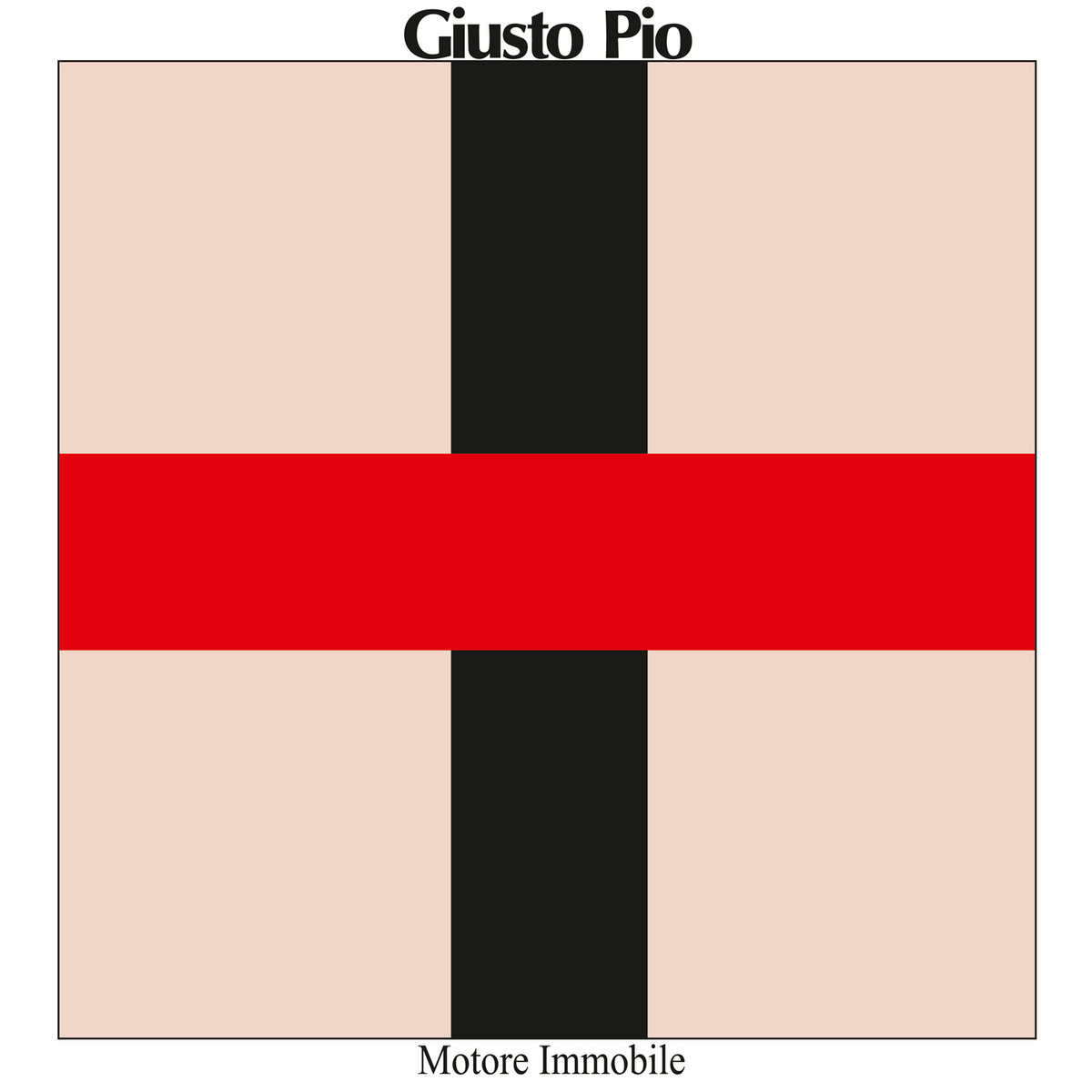
The recent news of the death of Franco Battiato drew me to Giusto Pio’s solo debut album, a classic of Italian minimalism. Produced by Battiato in 1979 and first released on Cramps records, Motore Immobile was generally ignored before languishing in obscurity. The Soave label reissued the album on vinyl in 2017, the year of Pio’s passing, and issued a vinyl repress shortly before Battiato died: an appropriate symmetry for two men who worked so beautifully together. The quality of their musicianship and compositional skill is such that, with simple organ drone, modest voice, delicate violin, and resonant piano, a vivid and sacred impression is created.
There is no law against trying to describe the subtle mystery and calm in this magnificent recording, but there probably ought to be. Let me first, then, defer to an expert writer on minimalism to succinctly describe those elements that Pio uses to achieve so much. As Alan Licht says "on the first side/title track, he uses a droning organ and moves very calmly from triad to triad, superimposing the next one briefly before moving on, occasionally expanding the sound with octave doubling and then just as quickly subtracting the lower tones. Intermittent humming and violin provide additional notes. On the second side, 'Ananta,' he uses a piano flourish to introduce each triad, landing on the tonic note each time."
The organ on the title track is played by Danilo Lorenzini and Michele Fedrigotti. Giusto Pio himself adds violin, and Martin Kleist doesn’t so much sing as hum almost beneath the surface of consciousness. Pio's violin playing has the care and precision of a sculptor or surgeon, shaping the music, and paring it down to bare bones. Matching the human voice with the organ drones produces a profound and spiritual harmony. Earlier in life I found the organ (in church) overpowering. It seemed at times to obliterate the congregation, as might a tool of class-based domination. While achieving a stunning musical purity, Motore Immobile also preserves the importance of the human voice. I have now come to love the organ, and recent works such as Kali Malone's The Sacrificial Code, where the instrument appears to be alive and breathing, have helped with that. For Pio's second piece, "Ananta," Lorenzini plays organ and Fedrigotti switches to piano. It too is an unforgettable work, dazzling as sunlight hitting colored glass objects in a Venetian shop window. Motore Immobile has a place among other classics of the period, such as Roberto Cacciapaglia's Sei note in logica (1979), Luciano Cilio's Dialoghi Del Presente (1977), and Franco Battiato's L’Egitto Prima Delle Sabbie (1978) that is assured for all time.
Read More

